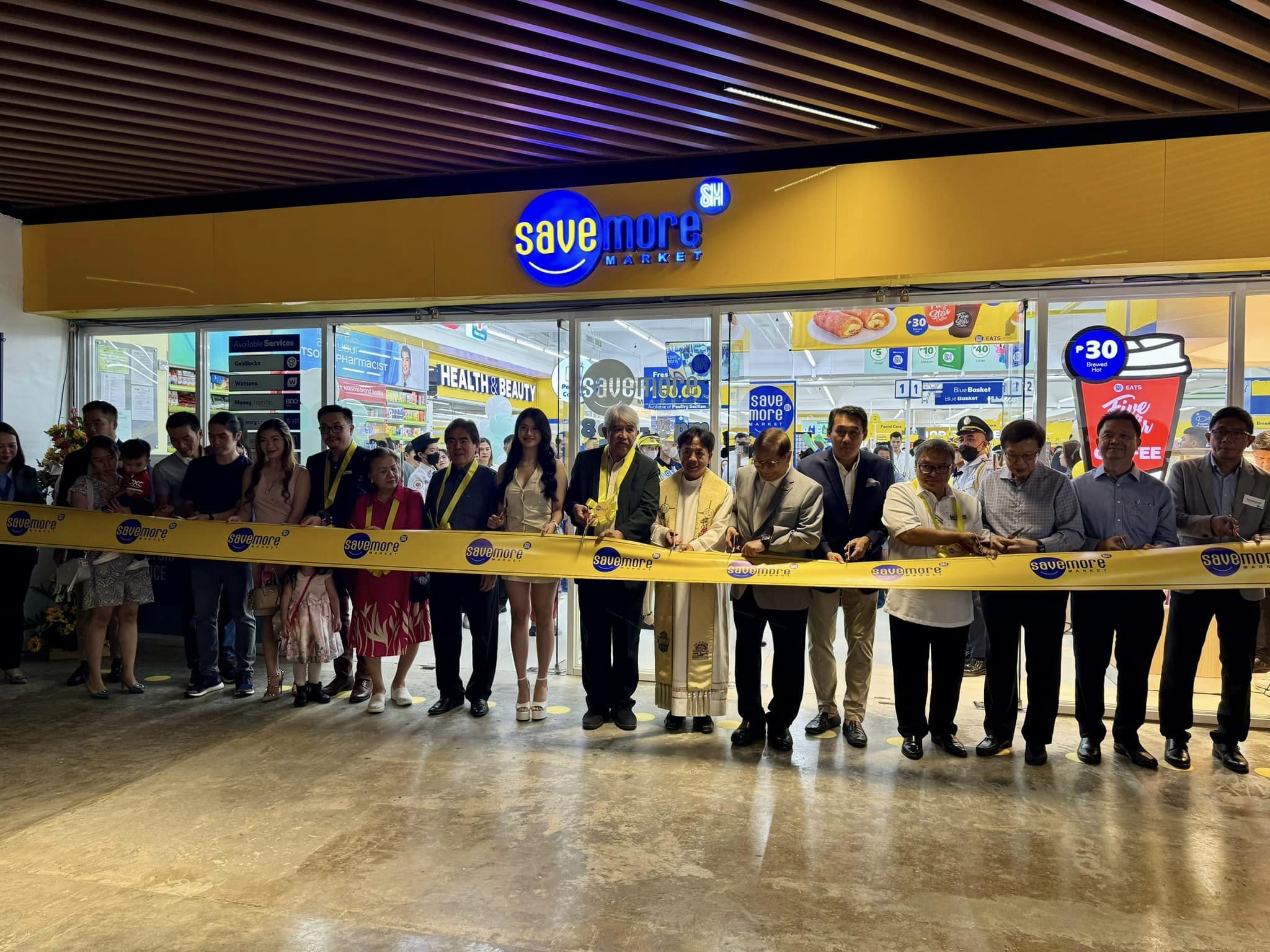The current global health crisis continues to reveal the inadequate response of the government and the dehumanizing impacts of restrictions on citizens. The issues we face today can no longer be confined within the categories of urban and rural communities. We have become the community confronted with emergent issues on poverty, unemployment, education and health. To address these gaps, ground-up efforts by local community actors have started to sprout more prominently in our current time.
The Philippines, however, is no stranger to community development. Like any other discipline born out of an urgent impetus as compelled by socio-cultural and political conditions, community development came into being in 1948 as a means to mobilize rural people to achieve economic, social and political objectives, becoming one of the most influential social movements that emerged after the World War.
In the 1950s, our country – alongside 24 other countries like Iran, Pakistan, Jordan, Indonesia, and Korea – was among the recipients of the American foreign assistance program (Holdcroft, 1978) as part of the post-World War II reconstruction efforts to improve less developed countries (Phillips & Pittman, 2009).
Today, in the Philippine setting, we are fighting a different war. It is a war which continues to be guided by community development – this time against COVID-19.
A ground-up effort that received an unprecedented (new) media attention is the community pantry. Founded on the concept of Filipino bayanihan, 26-year-old Ana Patricia Non set up a bamboo cart with fresh vegetables and a spark of hope along Maginhawa Street, Brgy. Teacher’s Village, Quezon City on April 14, 2021. This initiative is reflective of a sociocultural approach in leadership “that grows out of and is a product of its setting” (Kirk & Shutte, 2004: 235), mindful of the local realities of the community.
Inspired by this phenomenon, youth organizations, private individuals, and non-government organizations (NGOs) have eventually replicated the concept. In leading community pantries across the country, the slogan “Magbigay batay sa kakayahan, kumuha base sa pangangailangan (donate only what you can and take only what you need)” has been translated into vernacular languages for local appeal and sense of ownership. In the Ilocos Region, it was loosely translated as “Mangted sigun iti kabaelan, mangala sigun iti kasapulan.” The Filipino community pantry also roused Timorese volunteers to open the first community pantry on April 21.
Despite this community altruism, troll armies and government officials didn’t let it pass and were quick to associate these efforts to the ideology of communism.
Among the victims of red-tagging is the youth-led and non-profit organization For Our Farmers PH, Inc. (FOF) based in San Carlos City, Pangasinan. They initiated their first community pantry in Brgy. Ano in San Carlos City on April 18 with a signage that read “#StopKillingFarmers #StandWithFarmers” following the arson and demolition incidents in Hacienda Yulo, Calamba City, Laguna back in January this year.

Facebook page Basika shared a post of edited photos with hashtags “#YesToTulong #NoToRecruitment, alleging the organization to have distributed materials to citizens. Without any fact-checking, the National Task Force to End Local Communist Armed Conflict (NTF-ELCAC) reshared the fake news peddling post. Thereafter, FOF received threats which prompted them to pause the operation of all five community pantries to ensure their safety. In a text message, FOF officers expressed that they “strongly condemn any fraudulent allegations connecting the organization’s community pantry to CPP-NPA.”
While others cast doubts on this effort which is a source of redeeming hope for many hungry and angry Filipinos, it emanated from a strong need to lead an immediate ground-up crisis response to complement, if not to make up for, the government’s response. Based on the latest labor force survey (LFS) of the Philippine Statistics Authority (PSA) on March 30, 2021, the unemployment rate in January 2021 is 8.7 percent equating to four million unemployed Filipinos compared to 5.3 percent or 2.4 million unemployed Filipinos on the same month last year.
Expanding into a community pantry, a community pharmacy and other creative semblance, community pantries could be viewed as a site of activism and not of communism. It is an emergent community project and not as a threat to national democracy.
Practically, community pantries are not organized to solve hunger but to help communities survive one day at a time. It is an act of agency among progressive and reflective local organizations, private individuals and groups. It is a valid act in our current milieu. After all, it is comm(unity) pantry.
The author is an iskolar ng bayan, educator, and researcher. His recent research studies focus on science communication, organizational communication, and community development. He enjoys visiting museums (pre-pandemic), sipping brewed coffee and understanding life.
















